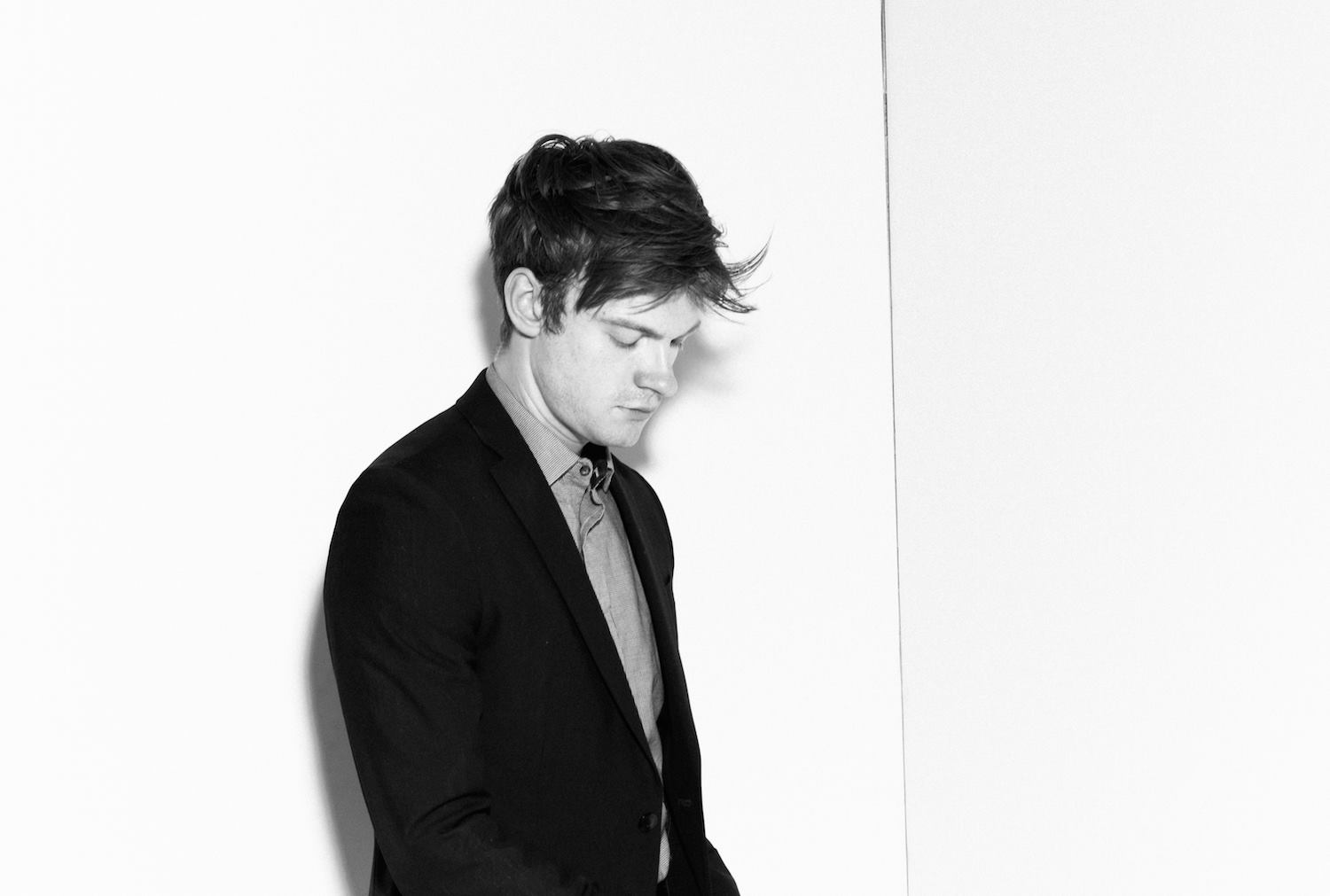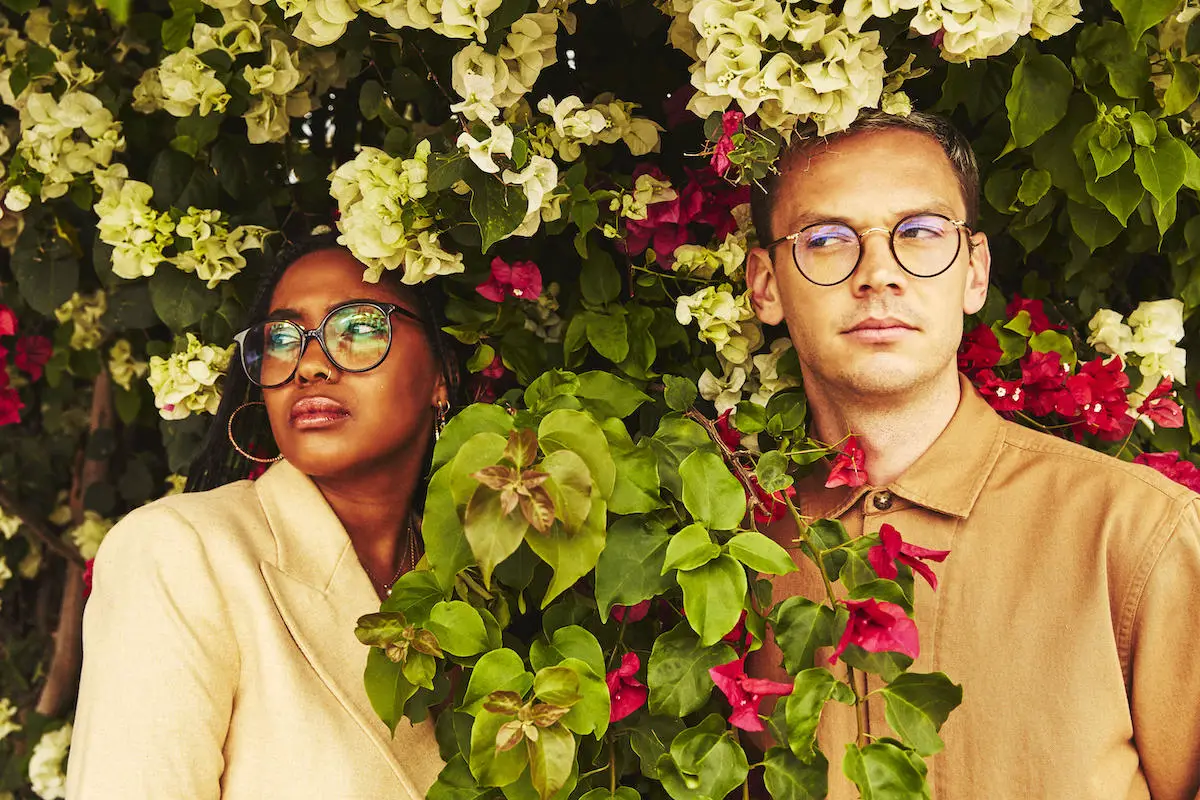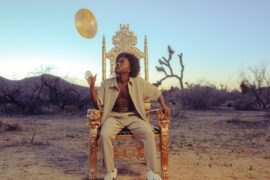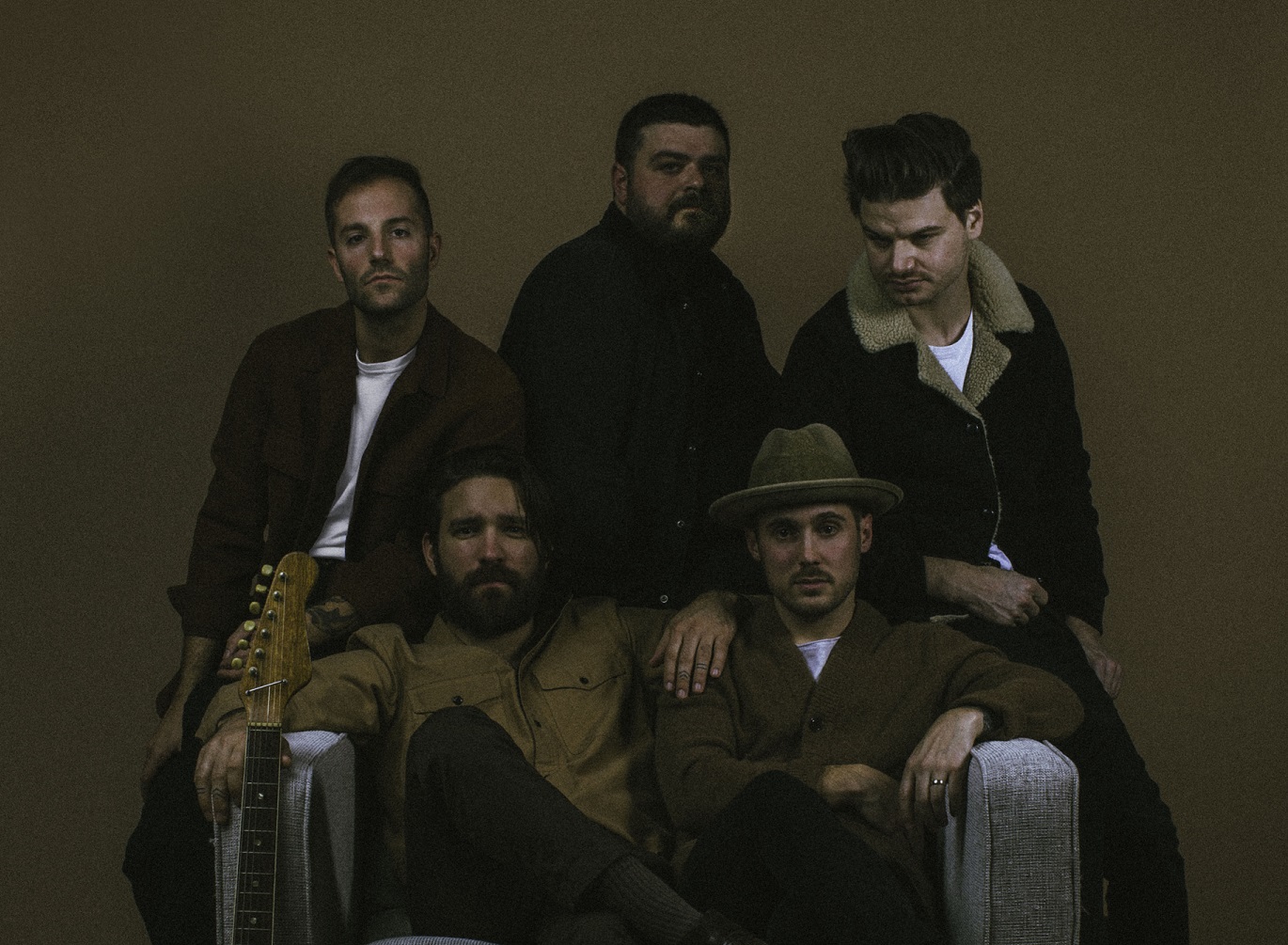Chicago musician Akenya’s new single, “Hades Moon,” encapsulates all the multiple nuances of her talent while being an undeniable bop.
 follow our Today’s Song(s) playlist
follow our Today’s Song(s) playlist 
Stream: “Hades Moon” – Akenya
In today’s pop cultural landscape of blurred genre lines, streaming culture, and an emphasis on the power of celebrity, the term “multi-hyphenate” can feel disingenuous or hyperbolic depending on who it’s being applied to. But then there are those artists for whom no other term really applies—their contributions to the world of music and entertainment form a constellation of experiences, sounds, and artistries that are equally vital. Chicago vocalist/pianist/composer/arranger/etc. Akenya is one of these people.
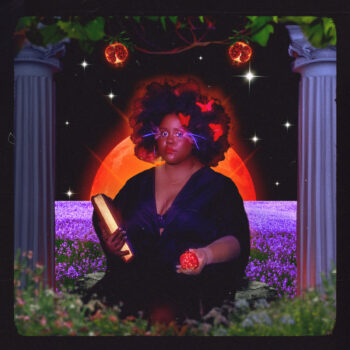
Despite her newest single “Hades Moon” (released independently on November 17, 2023) being only her second officially released single as a solo artist (not to mention her first in five years), Akenya’s career has seen her writing/playing for and collaborating with acclaimed artists like Noname, Chance the Rapper, Paramore’s Hayley Williams, and Mavis Staples, as well as contemporary jazz legends like Esperanza Spalding and Dave Holland. She has composed for chamber-orchestral groups and won prestigious arts awards. So really, calling her a multi-hyphenate almost feels insufficient.
“Hades Moon,” the lead single to her long-awaited debut LP due in 2024, showcases some of her finest qualities as a singer and songwriter—sonically, the track is an early-2000s inspired R&B number that completely side-steps predictability from all angles. The beat is, as the kids say, nasty; the production is lush and immersive, with stacked vocals and atmospheric auxiliary percussion and sounds. Thanks to an incredible rhythmic acuity clearly influenced by both her jazz training and longtime love of R&B, Akenya’s vocal choices are satisfying in the familiar way of D’Angelo’s “Brown Sugar’‘, as well as surprising and clever in new ways.
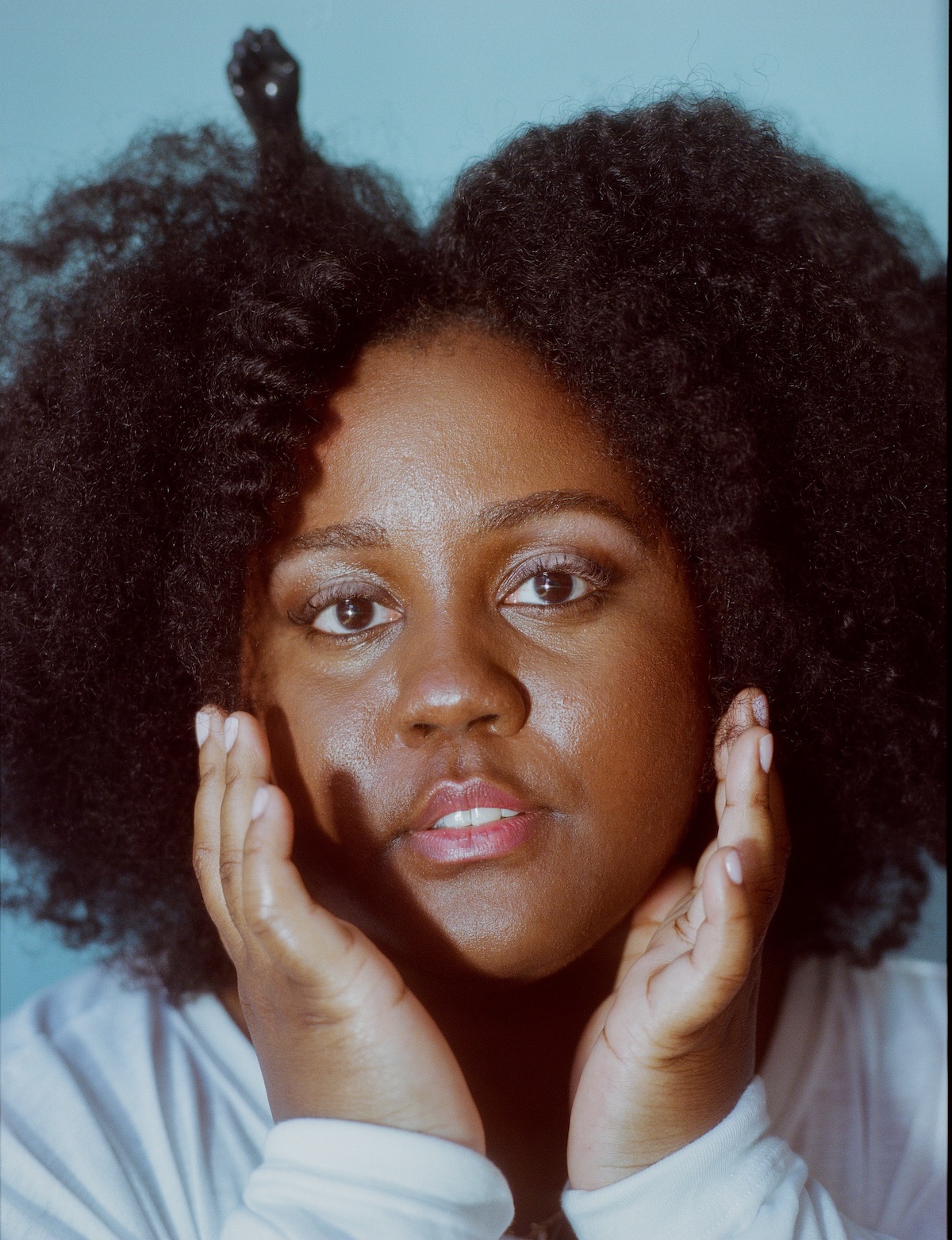
It’s all of this juxtaposed against the song’s lyrical content that makes “Hades Moon” so enchanting.
Using Hades and Persephone (king and queen of the underworld in Greek mythology) as extended metaphor, Akenya writes as a way of understanding herself through the lens of mythos. She weaves in and out of personifying these figures, casting the already mystical subject matter in a hypnotic, surreal light:
It’s just that Hades Moon
It’s such a shady tune
Like Persphone’s doom
She was trapped in a tomb
Now she’s begging for June
So she can go frolic free
But soon as I see the Sun
He’s bothering me
“Hades Moon” excels as both an excellent pop song and as a fascinating, almost literary exercise, and is a testament to her skill as an artist. If this is just the beginning, one can only imagine what else she’ll offer her listeners. Read on for an exclusive Q&A with Akenya about the song.
— —
:: stream/purchase Hades Moon here ::
:: connect with Akenya here ::
Stream: “Hades Moon” – Akenya
CATCHING UP WITH AKENYA
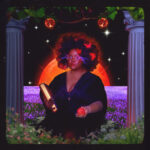
Atwood Magazine: This is your first single in five years. Can you speak a bit to the process of getting here?
Akenya: The process has entailed a lot of starting, stopping and restarting. Persevering numerous setbacks and taking advantage of any available momentum. I have gone through numerous transformations, personally and trans-personally in the last 5 years. This single is in many ways a reflection of what I’ve been through as well as how far I’ve come.
Something I love about your writing is your use of extended metaphor. “Decay” sounds like it could be about a person, but I know it’s about your experience with Lyme. “Hades Moon” is also clearly making use of this. Can you talk about your decision to reference this particular myth for the song?
Akenya: Thank you for noting that! I’d definitely say I naturally think in metaphor, allegory, and symbolism. I enjoy taking the abstract and presenting it in a way that evokes curiosity and emotional resonance, while still feeling accessible to the listener. I often refer to my music as “Philosopop” for this reason.
This particular myth is one I feel deeply connected to, especially as an astrologer. For those who may not know, Hades (Greek name) is interchangeable with Pluto (Roman name). I knew I wanted to talk about what we call “Plutonic” or “Plutonian” qualities in Astrology; I wanted to explore facets of my own natal chart through song form.
I heavily identify with the archetype of Persephone, which we can see in Astrology with placements like Venus in Scorpio or a strong Venus/Pluto linkage (I have both). In the second verse of the song, I go from describing Persephone in the third person to actually embodying her in the first person. I personify my own shadow as Hades. I tried to lyrically encapsulate what the shadow integration process entails. After all, this myth is about transforming our pain into power, and this is something I consistently strive for in my life.
What’s your relationship to mythology and astrology? What draws you to it?
Akenya: I am a second generation astrologer. My mother practiced it and actually used it to select my birthdate. I grew up around it and I have always used it as a framework for cultivating deeper self-awareness and development. As for mythology, I got into it mainly via astrology. Astrology — and astronomy — have a symbiotic relationship with mythology. Our entire solar system is named after mythological figures.
This is apropos considering the study of the stars and its correlation to the cycles in our lives is what so many of our ideologies, from mythology to religion, are rooted in. Astrology is a unique blend of empirical data gathering and intuitive deduction. Interpreting it is a scientific art form. I’m grateful for my natural affinity for it and the learned practice I’ve honed over the years.
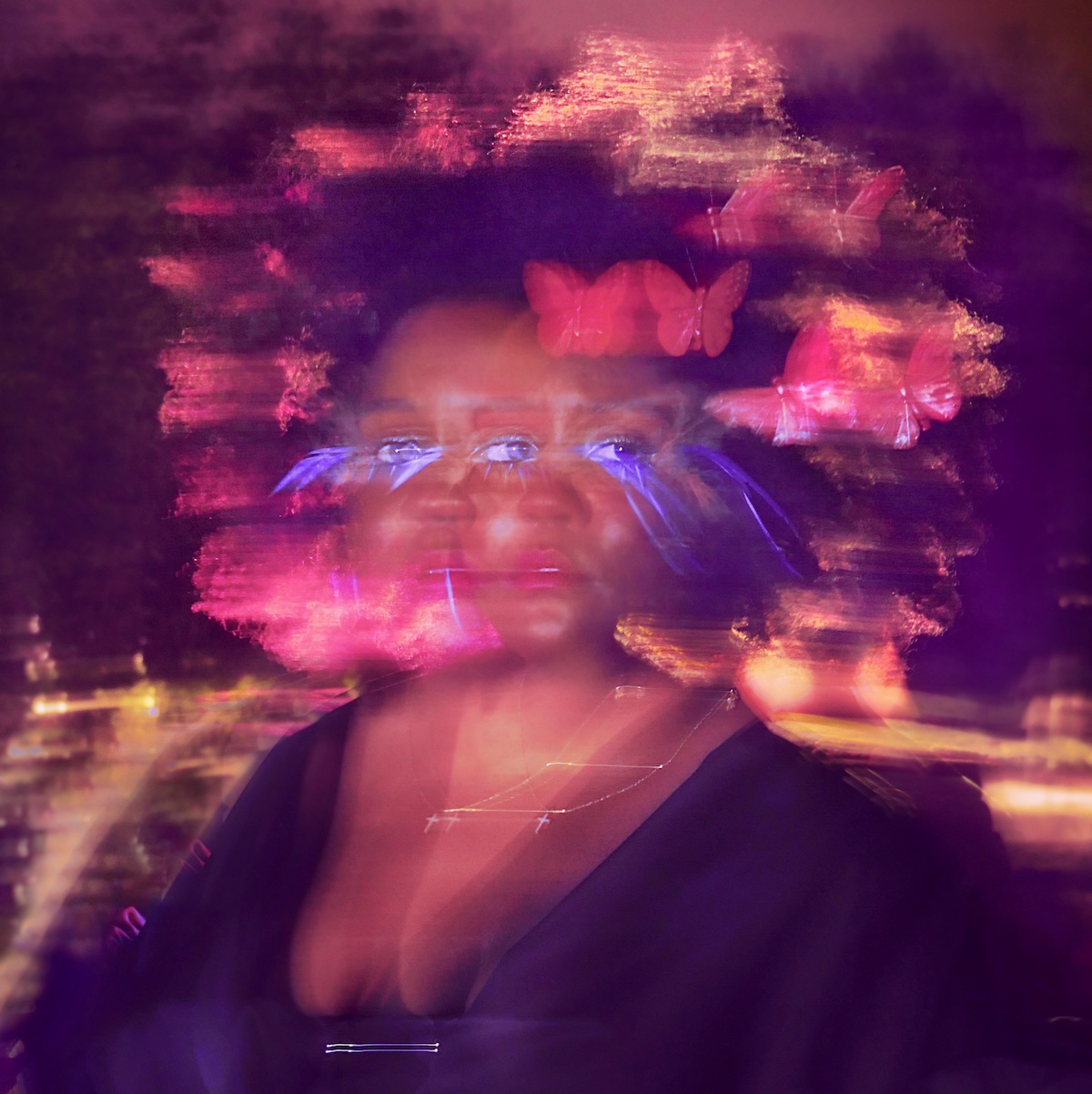
I’ve often described your sound to people as “Destiny’s Child meets Sarah Vaughan.” The “Who are your influences?” question can be somewhat boring, so alternately, I’d like to know about the influences that listeners might be surprised by or wouldn’t necessarily expect.
Akenya: I like that description! I am definitely influenced by a lot of the late ‘90s/early ‘00s R&B and pop that I grew up listening to, and just Black American music in general from Motown to Parliament-Funkadelic. My degree is in Jazz Studies so that’s a huge part of my sound as well. I have extensively listened to and studied a lot of music from all over the world, different eras, different genres—some of my favorite singers in the world are Arab singers, with Assala Nasri being one of my all-time faves.
I am classically trained so I’ll reference a lot of that in my music as well, especially piano giants like Chopin and Beethoven. I’ve gone through so many obsessive phases of digging into a person’s entire life work from Janis Joplin to Björk, Nusrat Fateh Ali Khan to Estrella Morente, Coltrane to Mariah. I know I’m barely even scratching the surface here. Probably one of my all-time biggest influences is Amel Larrieux for her ability to seamlessly blend genres with high quality songwriting and stunning vocal prowess. She’s a top five artist for me, for sure.
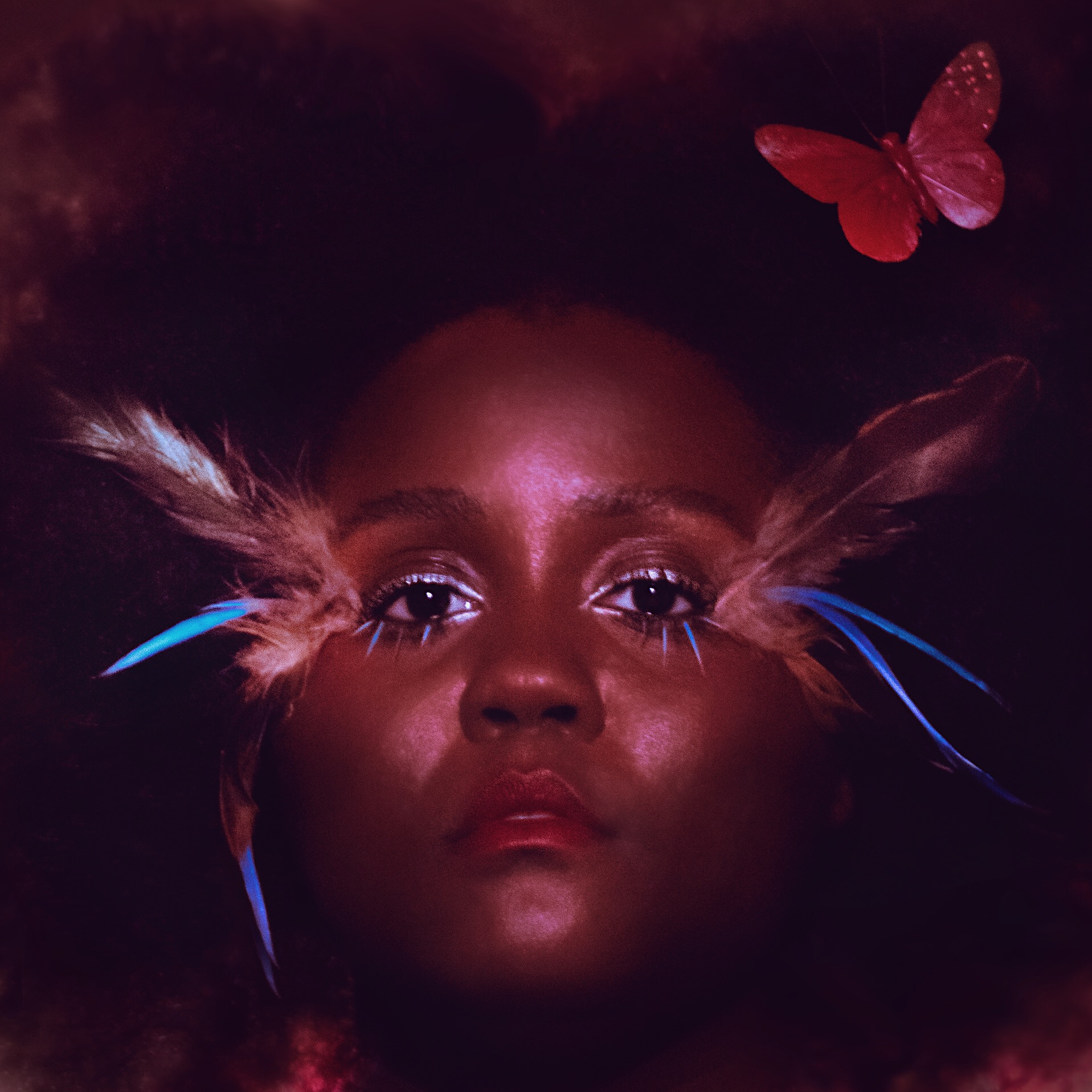
Without giving too much away, tell me something listeners can look forward to in your upcoming work.
Akenya: You can look forward to hearing a lot of different sounds and styles that are cohesively and authentically put together. My upcoming album is very introspective and deals with a wide spectrum of themes like ancestry, spirituality, falling in love, heartbreak, and the journey to self-acceptance. I hope listeners are able to not only learn about me, but that they feel held and affirmed by this music, no matter where they may be on their own personal journeys.
— —
:: stream/purchase Hades Moon here ::
:: connect with Akenya here ::
Stream: “Hades Moon” – Akenya
— — — —

Connect to Akenya on
Facebook, Twitter, TikTok, Instagram
Discover new music on Atwood Magazine
© Leah Wendzinski art © Maren Celest & Dennis Larance
:: Today’s Song(s) ::
 follow our daily playlist on Spotify
follow our daily playlist on Spotify 
:: Stream Akenya ::

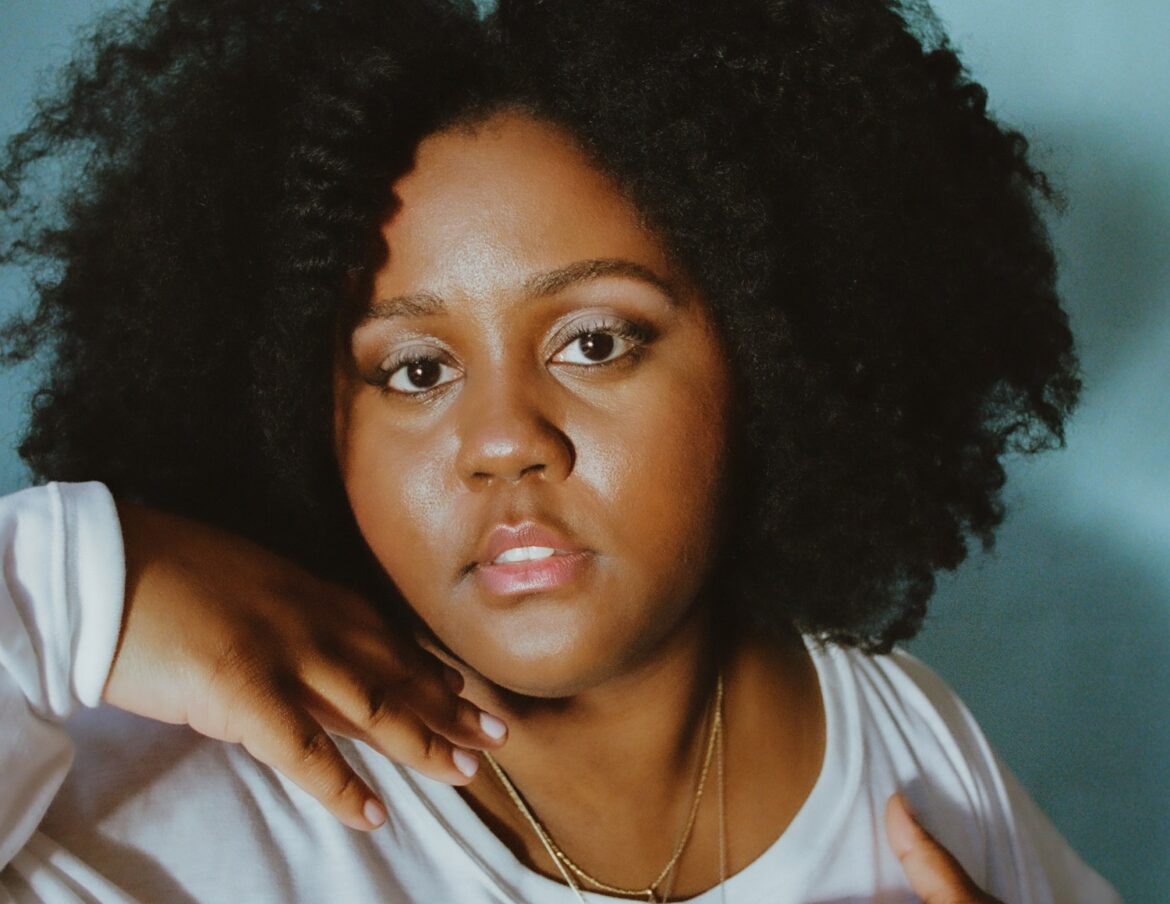

 © Leah Wendzinski
art © Maren Celest & Dennis Larance
© Leah Wendzinski
art © Maren Celest & Dennis Larance

